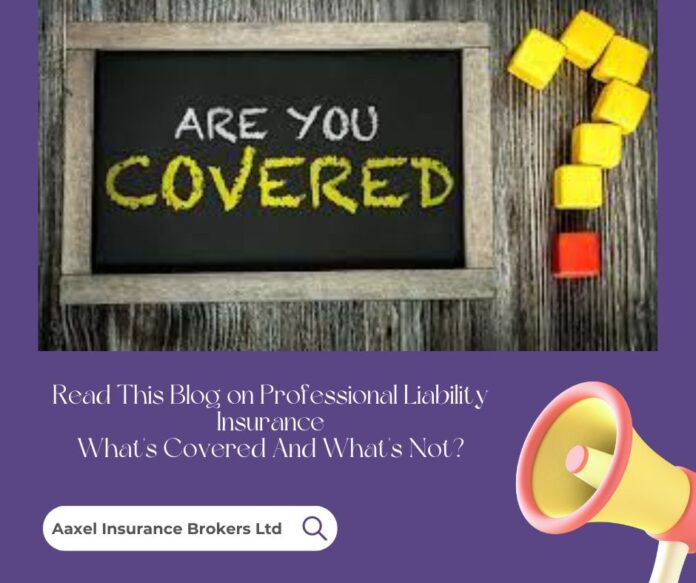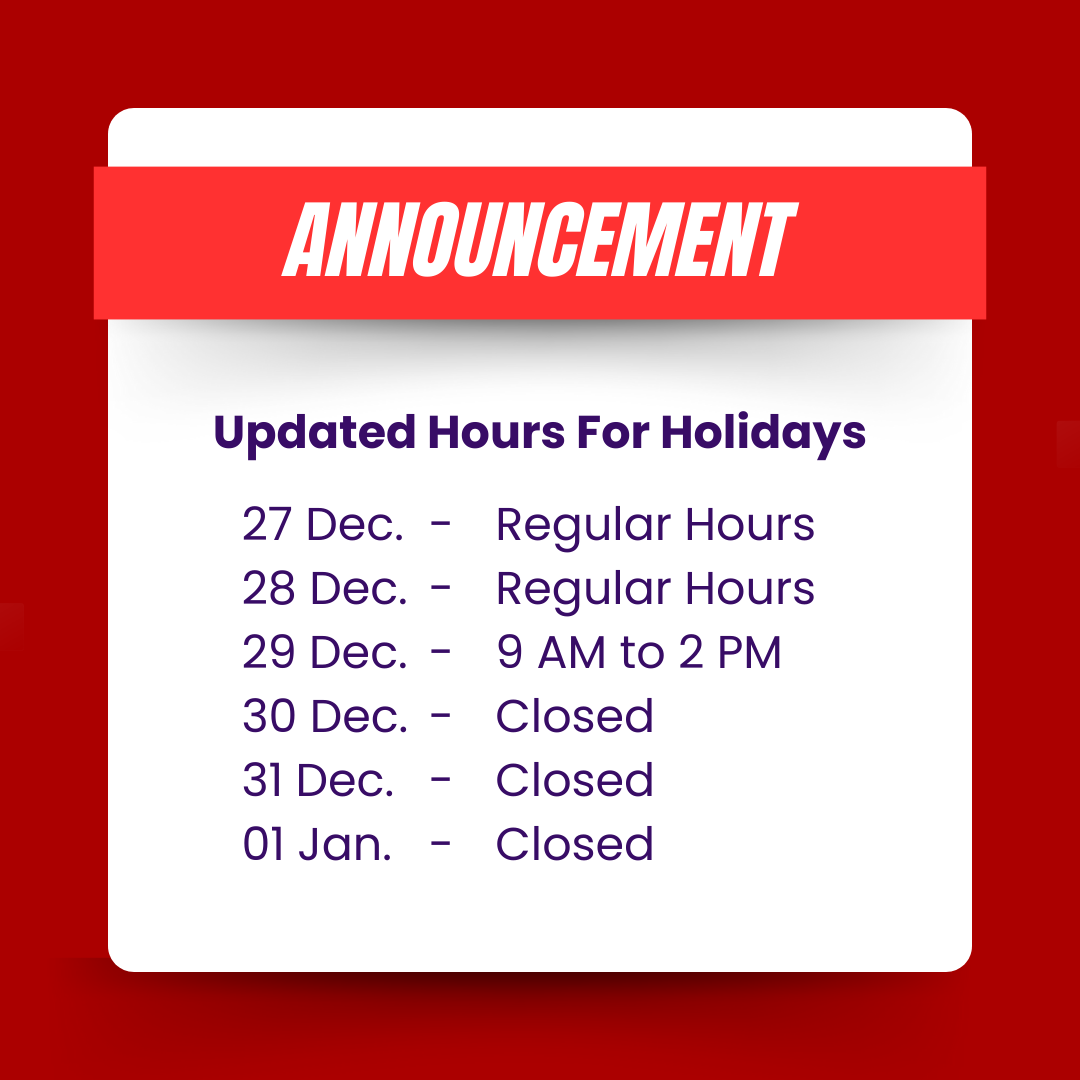Professional liability insurance protects you (or your company) from claims of mistakes, negligence, or carelessness made while practicing your profession. Even if the accusations filed against you are unfounded, it will pay for your damages, including court settlements, administrative charges, and attorneys’ fees.
Click here for more details on what it is, what is covered, and what is not.
Does Professional Liability Insurance Cover Everything? I Do As A Working
Professional.
If you purchase a plan through an association, your coverage is limited to professional services provided as part of your line of work. You will require additional insurance coverage for any freelance job or other services you offer.
To put it another way, if you get insurance through an accounting association, you are solely insured for work that falls under your area of expertise as an accountant. However, if you work part-time as an event planner, you’ll need a different policy.
Always double-check your policy to see what services are covered and what aren’t.
Can I Be Protected By Professional Liability Insurance? If I’m Accused Of A
Crime.
Yes, but only if the allegations against you are dropped or you are proven not guilty. You won’t be compensated for your legal defense costs if you are found guilty of criminal activity. Do not forget to review your policy’s precise terms.
I Do Freelance Or Part-Time Job. Is Professional Liability Insurance Still Required?
Every professional engaged in public activity should have at least a minimal level of insurance, especially if they directly advise or serve consumers. Yes, working less hours may lower your chance of filing a claim. But errors are unavoidable. And they can occur no matter your employment situation. Keep in mind that it only takes one lawsuit to ruin a company or have a long-term effect on your finances. and your standing.
Additionally, you might not even be permitted to practice without insurance if your regulatory body mandates it (especially if you work in finance or healthcare). Insurance may be required in some sectors (like building or consultancy) to secure clients or specific vendors; without insurance, there can be no contract.
Is My Policy Applicable To My Staff?
They might be. Your insurance coverage can be updated as your company expands and your needs change to include coverage for your employees. You can add any new employees as additional insureds on your policy.
What Happens If I Take A Leave Of Absence Or Retire?
Professional Liability is a claims-made policy, so keep that in mind. This means that your response will be based on the policy that is currently in effect, NOT the policy that was in effect when the alleged offence was done. As a result, you won’t be covered by your previous, now-expired policy if you cancel your policy, retire, or take a leave of absence, and then you’re served with a lawsuit for an act that occurred before your cancellation date.
This is a crucial nuance. And because of this, brokers always advise maintaining coverage after retiring or taking a decent amount of time off, just in case someone decides to sue you for former employment.
In order to avoid having any protection gaps, make sure your software has an extended reporting period (ERP), sometimes referred to as a discovery period or tail coverage. Following cancellation or non-renewal, an ERP will maintain your policy in effect for a predetermined length of time and cover you for any claims filed during that time.
What Is Coverage Limit?
A limit is, in plain English, the maximum sum that your insurance will provide for a specific claim.
How Much Insurance Do I Need?
That depends on your requirements, financial situation, and level of risk. It may be tempting to choose a plan with a lower premium (and lower limits), but keep in mind that if you do so and your policy is exhausted, you will be responsible for paying all claims yourself for the remainder of the policy term. Before choosing your limitations, be sure to carefully evaluate your risks, your worst-case scenario, and any related expenditures.
What Is The Price?
Numerous outside and internal factors affect insurance premiums. The industry you work in, the state of the market, and the location of your company are examples of external circumstances that are beyond your control. A person’s exposures, business size (customers and workers), years of operation, claims history, and even credit score are all personal variables. Based on these considerations, your carrier will assess your risks and produce a unique rate and policy particularly for you.
A clean claims history, a high credit score, and quality control procedures that prevent errors from occurring are also helpful for keeping the cost down. Additionally, if you belong to a professional association, think about investigating their group insurance policy. Since you’re being grouped in with thousands of other people, you’ll get an even better deal.
Contact Aaxel Insurance to find more!







